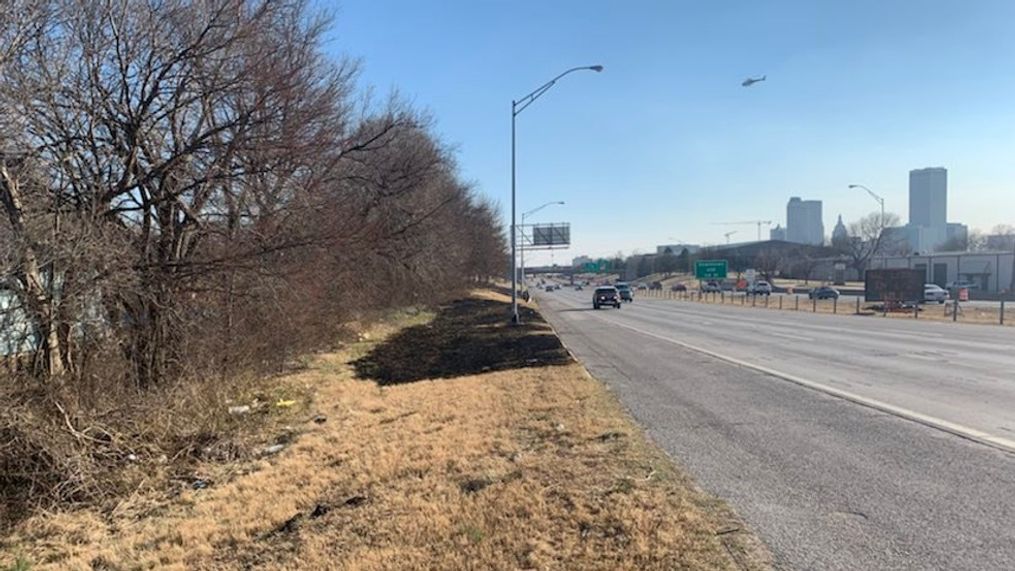How To Cultivate Mental Health Acceptance Within Your Community

Table of Contents
Understanding the Importance of Mental Health Acceptance in Your Community
The lack of mental health acceptance within a community has devastating consequences. It creates significant barriers to accessing help and negatively impacts the lives of those affected.
The Impact of Stigma
Stigma surrounding mental health prevents individuals from seeking help, impacting their self-esteem, and isolating them from their support networks. This can lead to:
- Increased rates of suicide: The shame and isolation associated with mental illness can be overwhelming, leading to tragically higher suicide rates.
- Delayed treatment: Fear of judgment often leads to delays in seeking professional help, exacerbating existing conditions.
- Avoidance of social interaction: Individuals may withdraw from social activities and relationships, further isolating them and hindering recovery.
- Difficulty maintaining employment: Mental health struggles can impact work performance and lead to job loss, compounding financial and emotional stress.
For example, consider Sarah (name changed for anonymity), who struggled with anxiety for years before seeking help. The fear of being judged by her colleagues and friends prevented her from disclosing her condition, leaving her feeling isolated and overwhelmed.
The Benefits of a Supportive Community
Conversely, a community embracing mental health acceptance fosters a culture of openness and understanding. This, in turn:
- Improves mental health outcomes: Feeling supported and understood significantly improves the chances of successful treatment and recovery.
- Increases social connectedness: Open conversations and shared experiences strengthen community bonds and create a sense of belonging.
- Strengthens community bonds: Working together to address mental health concerns builds empathy and resilience within the community.
- Reduces healthcare costs: Early intervention and access to support services can reduce the long-term costs associated with untreated mental illness.
The successful "You Are Not Alone" campaign in a small town in Oregon demonstrated how community-wide initiatives focusing on mental health awareness and fostering acceptance can lead to improved mental health outcomes and a stronger sense of community.
Practical Steps to Cultivate Mental Health Acceptance
Transforming a community to one that embraces mental health acceptance requires proactive and sustained efforts. Here are some actionable steps:
Educate Your Community
Raising mental health awareness is the first step. This includes educating the community about various mental health conditions, their symptoms, and available resources. This can be achieved through:
- Organizing workshops: Host workshops led by mental health professionals to educate community members about mental illness.
- Hosting awareness events: Organize events like walks, runs, or festivals to raise awareness and build community support.
- Distributing informative materials: Create and distribute pamphlets, brochures, or online resources explaining mental health conditions and treatment options.
- Partnering with local mental health organizations: Collaborate with organizations to leverage their expertise and resources.
Consider utilizing resources like the National Alliance on Mental Illness (NAMI) website for accurate and reliable information.
Promote Open and Honest Conversations
Encourage open dialogue about mental health to normalize struggles and reduce the fear of judgment. This requires:
- Starting conversations within your own circles: Share your own experiences (if comfortable) to model open communication.
- Creating safe spaces for sharing experiences: Facilitate community discussions where individuals feel comfortable sharing their experiences without fear of judgment.
- Participating in community discussions on mental health: Engage in conversations on social media and other platforms to foster understanding.
Remember, starting a conversation might be as simple as asking, “How are you really doing?” and actively listening to the response.
Support Local Mental Health Organizations
Local organizations play a critical role in providing resources and support. Show your support by:
- Volunteering your time: Offer assistance with administrative tasks, fundraising, or outreach events.
- Donating funds: Financial contributions can help organizations expand their services and reach more individuals.
- Promoting their services: Spread awareness of the services offered by local organizations through word-of-mouth or social media.
- Advocating for increased funding: Support initiatives that increase funding for mental health services in your community.
- Participating in fundraising events: Attend or organize events to raise money for mental health organizations.
Consider researching local chapters of organizations like the National Alliance on Mental Illness (NAMI) or the Mental Health America (MHA).
Advocate for Policy Changes
Support policies that promote mental health access and reduce stigma at both the local and national levels. This involves:
- Contacting your elected officials: Express your support for legislation promoting mental health and reducing stigma.
- Supporting legislation promoting mental health: Research and support bills aimed at improving access to mental healthcare and reducing stigma.
- Participating in advocacy campaigns: Join or support organizations advocating for policy changes that benefit individuals with mental health conditions.
Supporting initiatives that increase access to affordable mental healthcare is crucial in fostering a more inclusive and accepting community.
Measuring the Impact of Your Efforts
Regularly assessing the effectiveness of your initiatives is crucial for ensuring positive change.
Tracking Progress
Track the impact of your efforts through various methods:
- Surveys: Use surveys to gauge community attitudes towards mental health and assess the effectiveness of your initiatives.
- Focus groups: Conduct focus groups to gather in-depth feedback from community members.
- Feedback forms: Provide opportunities for individuals to share their experiences and suggestions.
- Monitoring participation rates in events and programs: Track attendance at workshops, events, and support groups to assess engagement.
For example, a survey could ask questions like: “Do you feel comfortable discussing mental health with others in your community?” or “Are you aware of mental health resources available in our community?”
Adjusting Your Approach
Be prepared to adapt your strategies based on feedback and progress.
- Regular evaluation: Conduct regular evaluations to assess the effectiveness of your initiatives and identify areas for improvement.
- Flexibility: Be flexible and willing to adjust your strategies based on community needs and feedback.
- Open to suggestions: Actively seek input from community members to ensure that your initiatives are relevant and impactful.
- Continuous improvement: Commit to continuous improvement by regularly reviewing and refining your approaches.
Analyzing data from surveys and focus groups will help you identify areas where your efforts are successful and areas requiring adjustments.
Conclusion
Cultivating mental health acceptance within your community is not just important, it's essential for building a healthier and more compassionate society. By implementing the strategies outlined above—from educating your community and promoting open conversations to supporting local organizations and advocating for policy changes—you can significantly improve the lives of those struggling with mental health challenges. Start cultivating mental health acceptance in your community today! By taking even small steps, you can make a significant difference in the lives of those around you. Choose one of the strategies discussed above and begin building a more supportive and understanding environment for everyone. Remember, fostering a culture of mental wellbeing starts with each of us.

Featured Posts
-
 Dallas Icon Passes Away At The Age Of 100
May 02, 2025
Dallas Icon Passes Away At The Age Of 100
May 02, 2025 -
 Technical Failure Strands Passengers On Kogi Train Line
May 02, 2025
Technical Failure Strands Passengers On Kogi Train Line
May 02, 2025 -
 The Smart Ring Debate Can Technology Build Trust
May 02, 2025
The Smart Ring Debate Can Technology Build Trust
May 02, 2025 -
 Over 800 Calls Tulsa Firefighters Tackle House Fires And Rescues In Winter Weather
May 02, 2025
Over 800 Calls Tulsa Firefighters Tackle House Fires And Rescues In Winter Weather
May 02, 2025 -
 Auto Dealers Double Down Against Ev Mandate Requirements
May 02, 2025
Auto Dealers Double Down Against Ev Mandate Requirements
May 02, 2025
